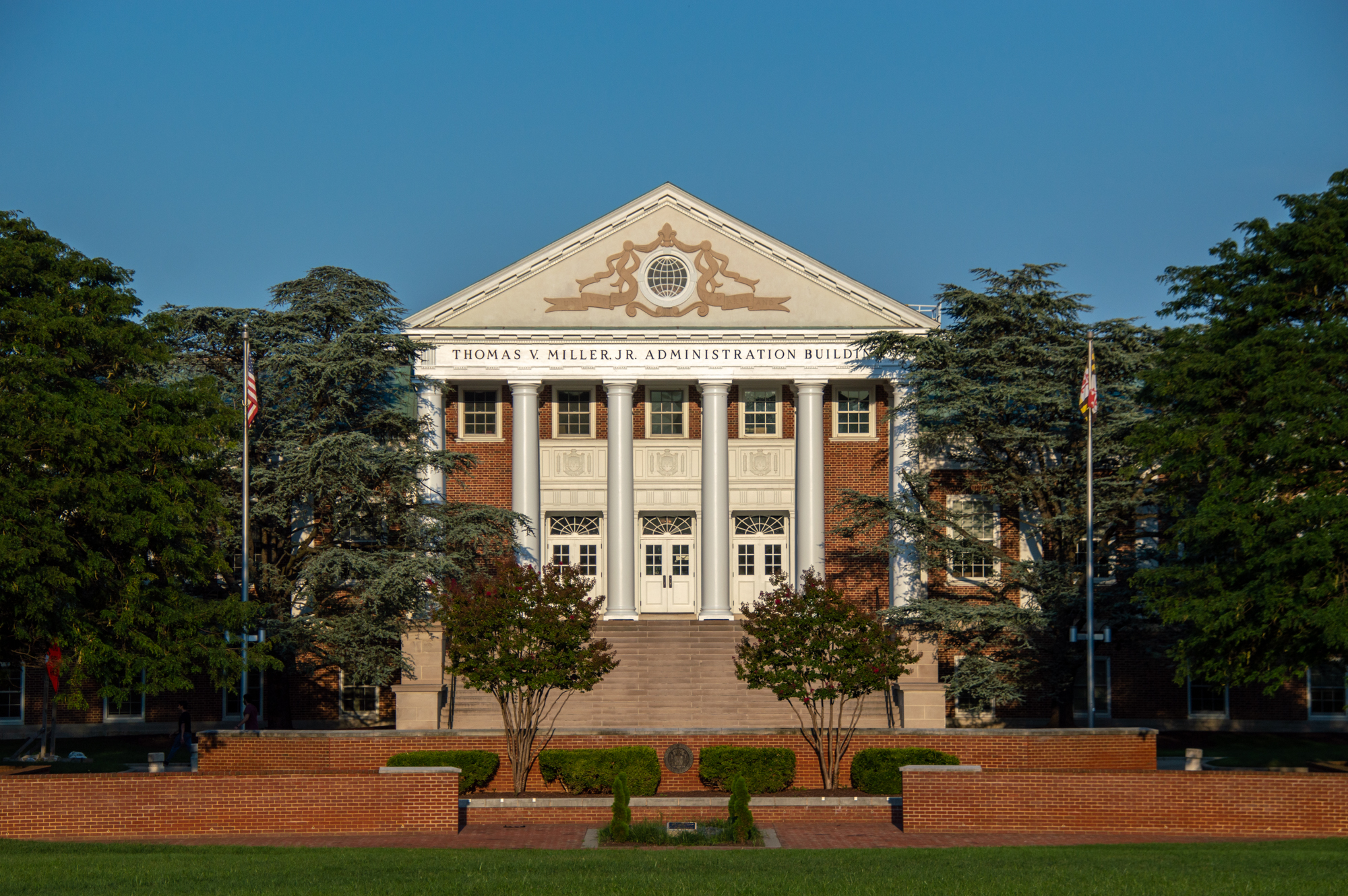The University of Maryland’s workers’ union delivered a petition Thursday to university President Darryll Pines and incoming provost Jennifer Rice demanding expanded access to telework through the summer.
The American Federation of State, County and Municipal Employees Local 1072 — which represents employees at this university — gathered over 550 signatures from university employees on a petition demanding at least three days of telework per week and workers’ rights to case-by-case approval for telework.
“Restricting telework at this time ignores effects of the pandemic that still rule over many aspects of our lives,” the petition said.
The petition also called for further worker protection against COVID-19, including keeping offices de-densified and maintaining barriers and signage in buildings to enforce social distancing.
The petition also demands employees can delay reporting in-person until August, which stemmed from concerns about childcare, said Todd Holden, the union’s president. Some employees have already reported to work in-person.
Phase 3 of the reopening plan for fall 2021 — which will put the campus at “near 100% density” — is set to begin Aug. 2.
“There are significant portions of the workforce on campus who frankly don’t make as much money as they should,” Holden said. “For them, the idea of paying for childcare or being able to even afford a summer camp in the first place is kind of prohibitive.”
[Maryland legislature passes collective bargaining bill backed by UMD’s workers’ union]
This university offers childcare through a child development center on the campus that partners with Bright Horizons Family Solutions, but graduate assistants have criticized the center’s high prices.
In March, the university also expanded childcare and family care benefits for employees through a partnership with Care.com, a caregiver search service. The partnership offers free premium Care.com memberships for some employees, access to subsidized in-home and in-center care providers and partial reimbursement for providers in an employee’s network.
Transportation is another concern, Holden said, especially with multiple Prince George’s County Metro stations — including College Park — closed for renovations until early September and only two university bus routes operating during the summer.
The union’s fight for telework accessibility began before the pandemic. For many employees at this university, getting telework requests approved depended on supervisors’ decisions, which the union deemed an unfair practice and sought to change, Holden said.
“When [approval is] left to supervisor discretion, it’s subject to biases,” Holden said.
The university did not immediately respond to a request from The Diamondback for comment.
[UMD’s witnesses testify at hearing for workers union’s labor complaint]
The university previously communicated to AFSCME that it wished to start collective bargaining negotiations over successor agreements — which could include COVID-19 health and safety measures — in November. In March, in response to complaints about inadequate personal protective equipment, the university provided a statement saying it is following Centers for Disease Control and Prevention and Occupational Safety and Health Administration guidelines regarding pandemic safety measures.
“Telework is a long-standing issue,” Holden said. “We are hoping that the administration will recognize the real need that people are facing this summer.”
This story has been updated.



